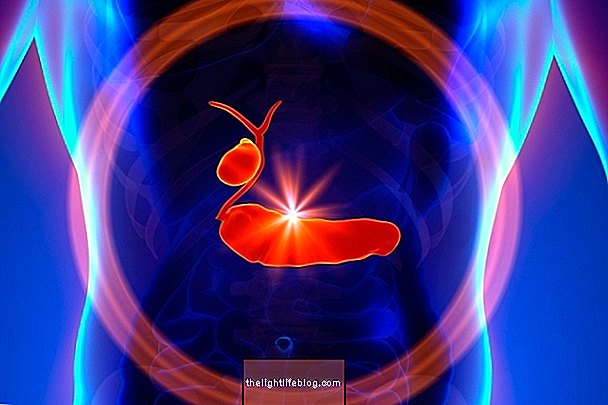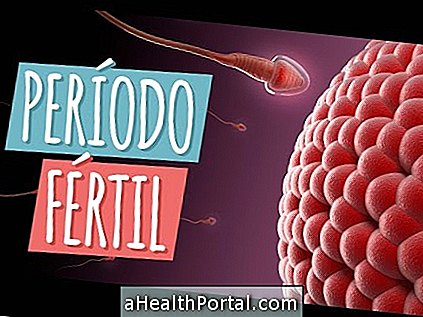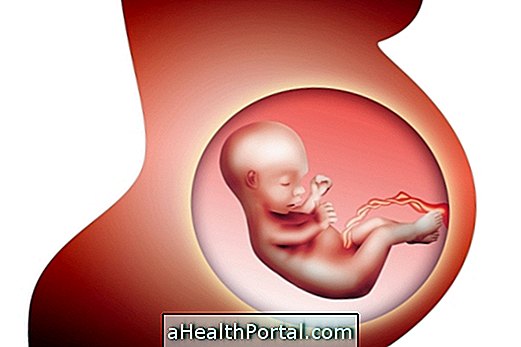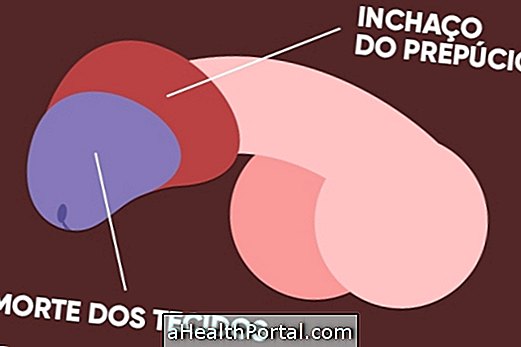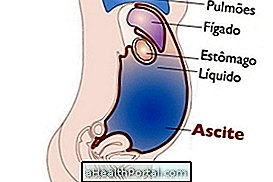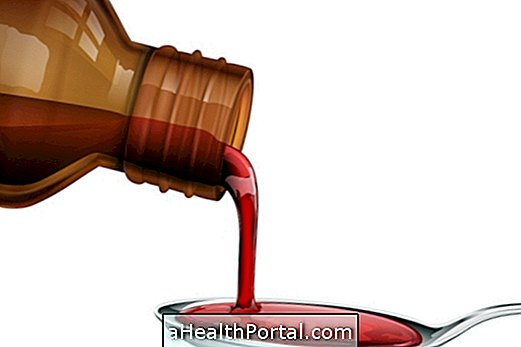T3 and T4 are hormones produced by the thyroid gland, under the stimulation of the hormone TSH, which is also produced by the thyroid, and that participate in several processes in the body, mainly related to the metabolism and supply of energy for the proper functioning of the body.
The dosage of these hormones is indicated by the endocrinologist or general practitioner in order to assess the person's general health or investigate the possible cause of some symptoms that may be related to thyroid malfunction, such as excessive tiredness, hair loss, difficulty in losing weight and loss of appetite, for example.

What are worth for
The hormones T3 and T4 are produced by the thyroid gland and regulate several processes in the body, mainly related to cellular metabolism. Some of the main functions of T3 and T4 in the body are:
- Normal development of brain tissues;
- Metabolism of fats, carbohydrates and proteins;
- Regulation of heartbeat;
- Stimulation of cellular respiration;
- Regulation of the menstrual cycle.
T4 is produced by the thyroid and remains attached to proteins so that it is transported in the bloodstream to various organs and, thus, can perform its function. However, in order to have function, T4 is separated from the protein, becoming active and becoming known as free T4. Learn more about T4.
In the liver, the T4 produced is metabolized to give rise to another active form, which is T3. Although T3 is mainly derived from T4, the thyroid also produces these hormones in smaller amounts. See more information about T3.

When the exam is indicated
The dosage of T3 and T4 is indicated when there are signs and symptoms that indicate that the thyroid is not working correctly, and may be indicative of hypo or hyperthyroidism, Graves' disease or Hashimoto's thyroiditis, for example.
In addition, the performance of this test can also be indicated as a routine in order to assess the general health of the person, in the investigation of female infertility and in the suspicion of thyroid cancer.
Thus, some of the signs and symptoms that may be indicative of thyroid alteration and that the dosage of T3 and T4 levels are recommended are:
- Difficulty losing weight or gaining weight easily and quickly;
- Rapid weight loss;
- Excessive tiredness;
- Weakness;
- Increased appetite;
- Hair loss, dry skin and fragile nails;
- Swelling;
- Alteration of the menstrual cycle;
- Change in heart rate.
In addition to the T3 and T4 dosage, other tests are usually requested to help confirm the diagnosis, mainly the measurement of the TSH hormone and antibodies, and it is also possible to perform thyroid ultrasound. Find out more about the tests indicated to evaluate the thyroid.
How to understand the result
The results of the T3 and T4 exam must be evaluated by the endocrinologist, general practitioner or doctor who indicated the exam, and the result of other exams that assess the thyroid, the person's age and general health must be taken into account. In general, the levels of T3 and T4 considered normal are:
- Total T3: 80 and 180 ng / dL;
- Free T3: 2.5 - 4.0 ng / dL;
- Total T4: 4.5 - 12.6 µg / dL;
- Free T4: 0.9 - 1.8 ng / dL.
Thus, according to the values of T3 and T4, it is possible to know if the thyroid is functioning correctly. Normally, values of T3 and T4 above the reference value are indicative of hyperthyroidism, while lower values are indicative of hypothyroidism, however further tests are necessary to confirm the result.
Was this information helpful?
Yes No
Your opinion is important! Write here how we can improve our text:
Any questions? Click here to be answered.
Email in which you want to receive a reply:
Check the confirmation email we sent you.
Your name:
Reason for visit:
--- Choose your reason --- DiseaseLive betterHelp another personGain knowledge
Are you a health professional?
NoMedicalPharmaceuticalsNurseNutritionistBiomedicalPhysiotherapistBeauticianOther
Bibliography
- BRAZILIAN SOCIETY OF ENDOCRINOLOGY AND METABOLOGY. 10 Things You Need to Know About Hypothyroidism. Available in: . Accessed on 13 Jan 2021
- BRAZILIAN SOCIETY OF ENDOCRINOLOGY AND METABOLOGY. Hypothyroidism: Symptoms. Available in: . Accessed on 13 Jan 2021
- McDERMOTT, Michael T. et al. Secrets in Endocrinology. 5th ed. Rio de Janeiro: Elsevier, 2010. pp. 290-294.
- THYROID DEPARTMENT OF THE BRAZILIAN SOCIETY OF ENDOCRINOLOGY AND METABOLOGY. Hyperthyroidism: Symptoms. Available in: . Accessed on 13 Jan 2021
- UNIVERSITY HOSPITAL - FEDERAL UNIVERSITY OF SANTA CATARINA. Hyperthyroidism / Thyrotoxicosis Protocol (in adults). Available in: . Accessed on 13 Jan 2021


